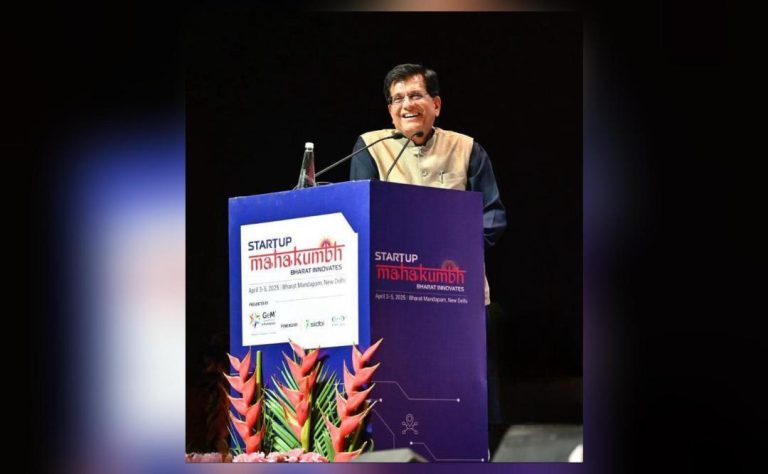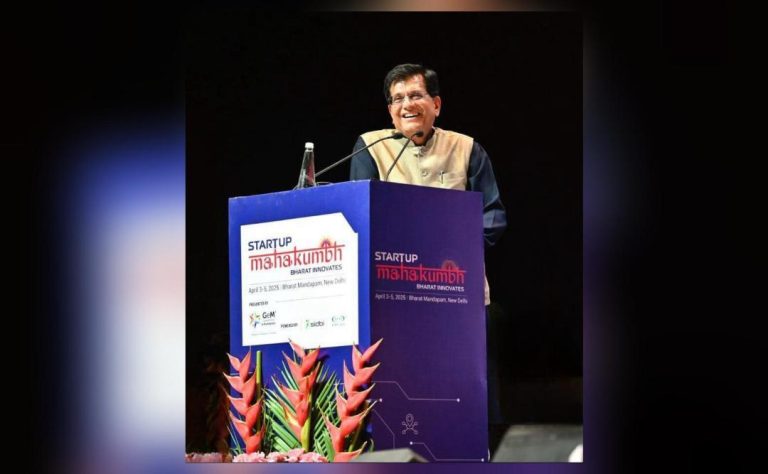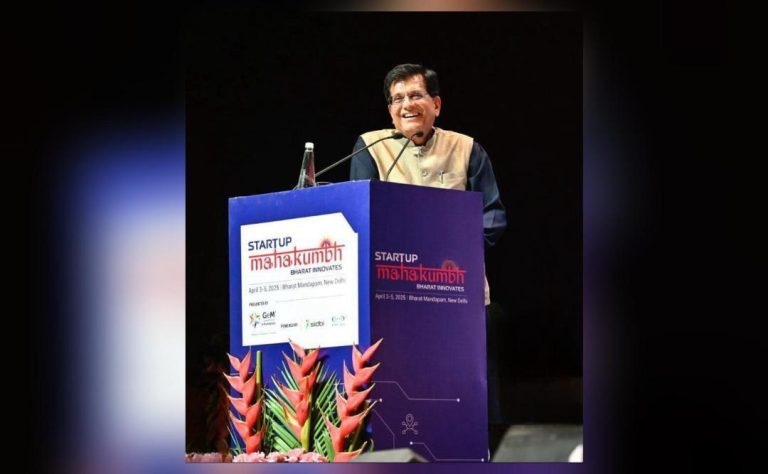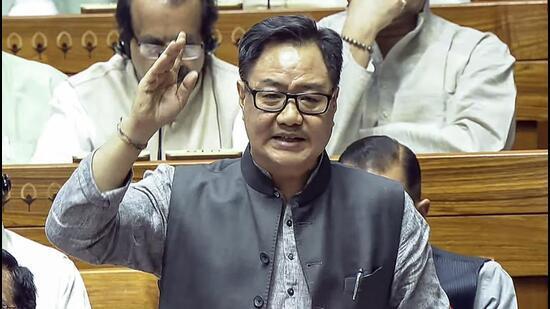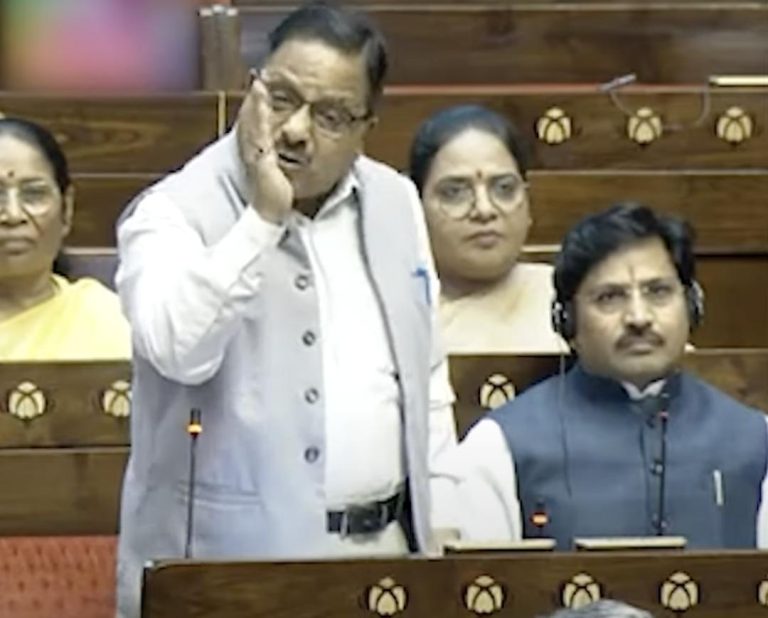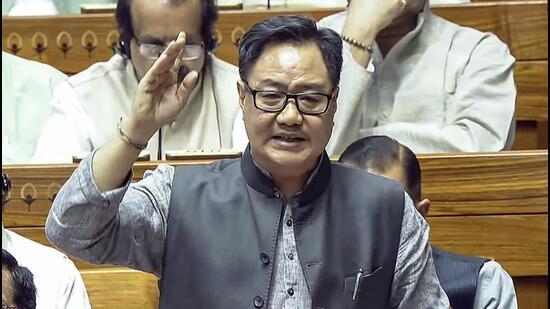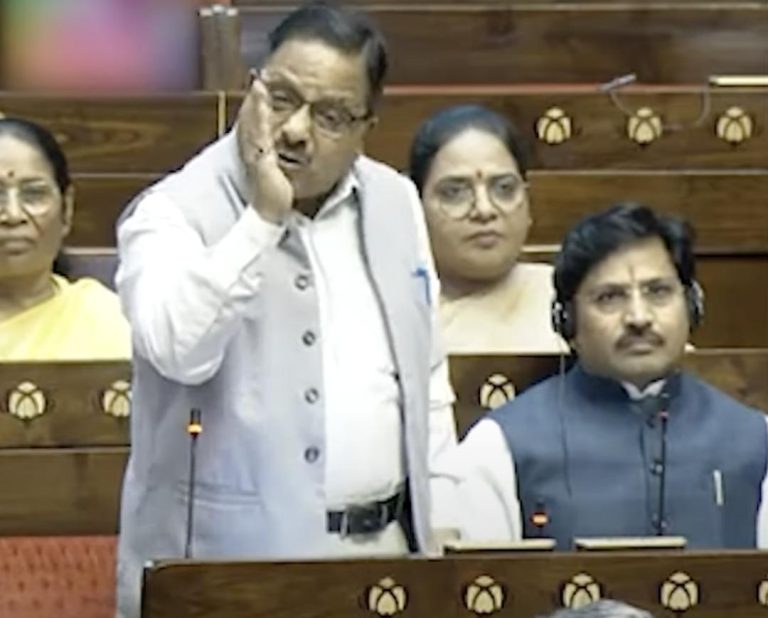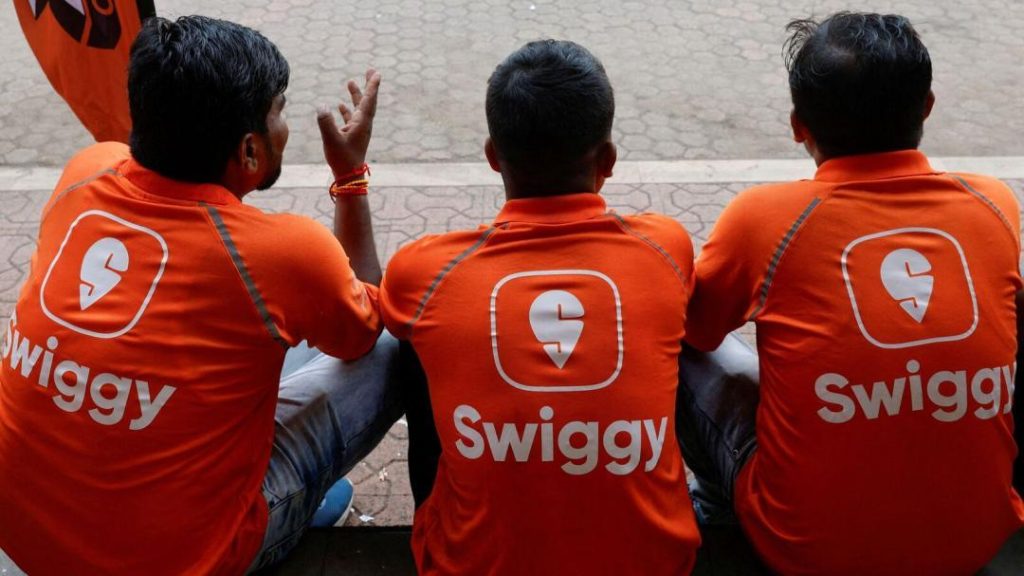
Swiggy Faces ₹158 Crore Tax Demand Over Cancellation Fees
In a recent development, food delivery giant Swiggy has been slapped with a massive tax demand of ₹158 crore by the Income Tax Department for the fiscal year 2021-22. The demand is linked to alleged violations related to cancellation charges paid to merchants. The Bengaluru-based company has announced its intention to appeal against the demand, claiming that it stems from a misunderstanding of tax provisions.
The tax demand, which is a significant one, has raised concerns about the taxation of cancellation fees in the digital economy. Experts believe that this case may set a precedent for how such fees are taxed in the future.
For those who may not be familiar, Swiggy is one of the leading food delivery platforms in India, with a strong presence across the country. The company has been instrumental in revolutionizing the way people order food, with its user-friendly app and extensive network of merchants.
The tax demand against Swiggy is linked to the cancellation fees that the company charges its merchants. These fees are levied when an order is cancelled by the customer, and are typically a percentage of the order value. According to reports, Swiggy has been charging these fees to its merchants, but has not been deducting taxes on them.
The Income Tax Department has now issued a notice to Swiggy, demanding that the company pay a total of ₹158 crore in taxes for the fiscal year 2021-22. The department has alleged that Swiggy has been violating the tax laws by not deducting taxes on the cancellation fees it charges its merchants.
Swiggy has responded to the tax demand by stating that it plans to appeal against the notice. The company has claimed that the demand stems from a misunderstanding of tax provisions, and that it has been following the correct tax procedures all along.
“We are in the process of reviewing the notice and plan to appeal against it,” a Swiggy spokesperson said. “We have been transparent in our tax compliance and have followed all applicable tax laws and regulations.”
Experts believe that this case may have significant implications for the digital economy. With the rise of e-commerce and digital payment platforms, there is an increasing need for clarity on how taxes should be levied on digital transactions.
“This case highlights the need for greater clarity on how taxes should be levied on digital transactions,” said Neeraj Gulati, a tax expert. “The government needs to come up with clear guidelines on how taxes should be deducted and paid on digital transactions.”
The case also raises questions about the role of payment gateways in the taxation of digital transactions. Payment gateways like Paytm, Google Pay, and others collect fees from merchants for facilitating transactions. However, it is unclear whether these fees should be taxed as a form of income.
“This case may also raise questions about the role of payment gateways in the taxation of digital transactions,” said Gulati. “Payment gateways collect fees from merchants for facilitating transactions, but it is unclear whether these fees should be taxed as a form of income.”
The Swiggy case is a significant development in the ongoing debate about taxation in the digital economy. As the industry continues to evolve, it is essential that the government provides clarity on how taxes should be levied on digital transactions.
In conclusion, the Swiggy case is a significant development in the digital economy, and has raised important questions about the taxation of cancellation fees. While Swiggy plans to appeal against the tax demand, experts believe that this case may set a precedent for how cancellation fees are taxed in the future.
Source:
https://ascendants.in/industry_events/swiggy-rs-158-crore-tax-demand/
